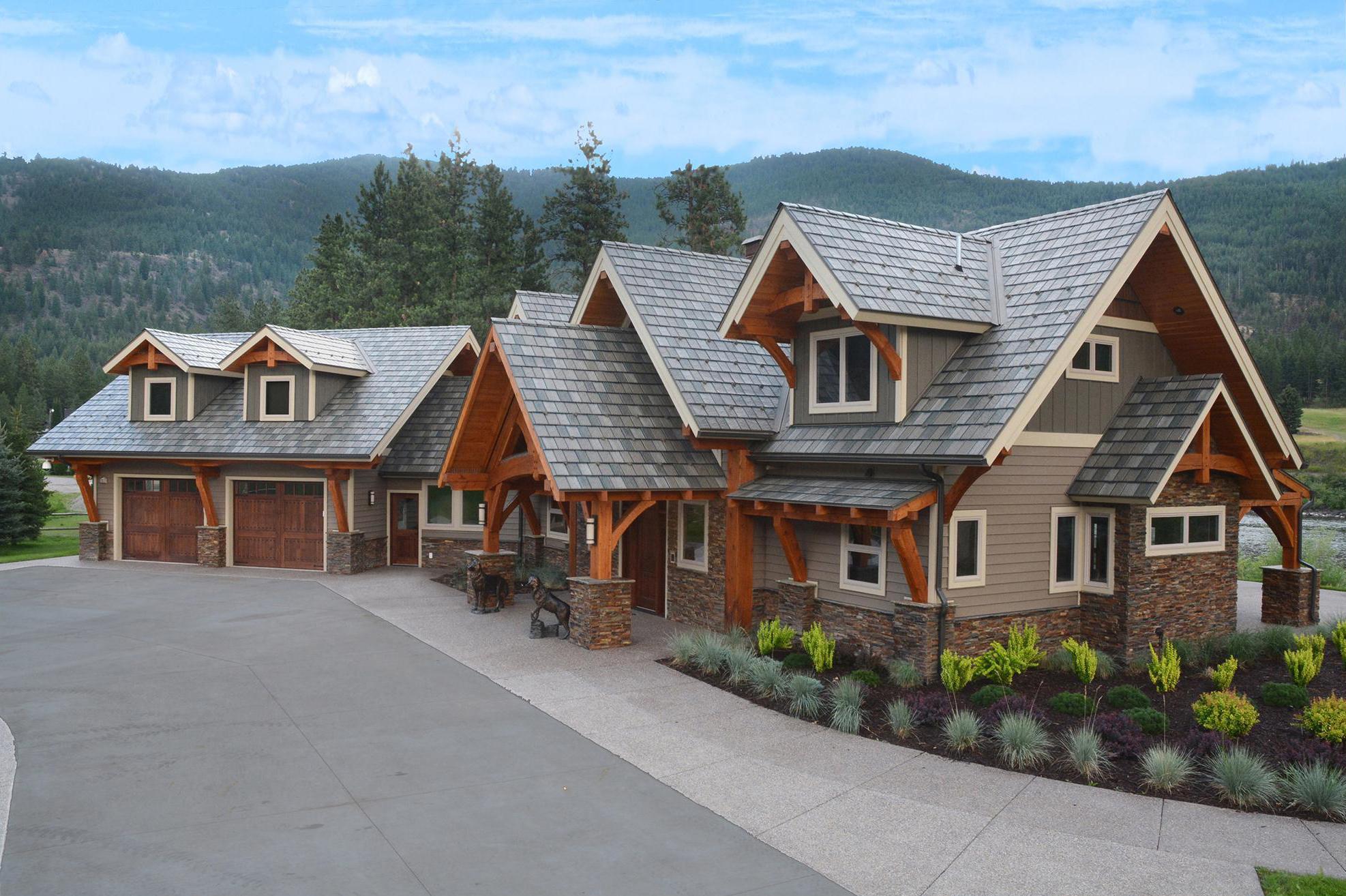
Metal Siding vs Engineered Wood Siding
When considering engineered wood siding vs metal siding, which is the right choice for your home? Engineered wood is a newer material composed of wood fibers held together by a resin binder. Like steel siding, it can be manufactured in many styles to look like real wood.
When comparing metal siding to wood siding, consider each material’s ability to control moisture and the amount of maintenance required.
The engineered wood siding comparison chart below illustrates the differences between metal siding and engineered wood siding. One of those differences is the superior protection steel offers against water and fire. After you review your options, we’re here to answer any questions.
| Feature | EDCO Metal Siding | Engineered Wood Siding |
|---|---|---|
| Moisture |
|
|
| Appearance |
|
|
| Warranty |
|
|
| Fire Resistance |
|
|
| Installation |
|
|
| Sustainability |
|
|
| Weight |
|
|
| Durability |
|
|
| Hail and Fade Protection |
|
|
| Maintenance |
|
|
Durability and Maintenance
EDCO metal siding excels in extreme weather, resisting chips, cracks, and peels with little to no maintenance. Engineered wood requires periodic painting and can be prone to flaking, cracking, and splitting due to climate-induced expansion and contraction.
Aesthetic and Installation Considerations
Both siding options offer a realistic wood grain appearance. Metal siding installation is straightforward, requiring minimal caulking and hiding nailheads for a cleaner look. Engineered wood, however, needs additional steps like caulking joints and painting every cut edge to prevent moisture ingress and ensure a uniform appearance.
Environmental Impact and Cost Efficiency
While engineered wood uses renewable wood strands, EDCO metal siding stands out for its sustainability. It is made from at least 25% recycled steel and is 100% recyclable. Considering longevity and minimal maintenance, metal siding might offer a more cost-efficient solution in the long run despite its potentially higher initial cost.
Consistency with Metal Roofing
Combining metal siding with metal roofing creates a harmonious and attractive exterior for your home. Choosing EDCO metal siding and extending the use of metal to your roof enhances the overall resilience and eco-friendliness of your home's exterior, offering consistent protection against harsh weather conditions. This pairing provides a cohesive appearance and maximizes the low-maintenance and long-lasting advantages of metal. Metal roofing comes in various colors and finishes, allowing for seamless integration with the rest of your home's exterior. This ensures your home stands out for its sophisticated style and durability, making it an intelligent investment for homeowners seeking a beautiful, long-lasting exterior solution.
Choosing the Right Siding for Your Home
When deciding between EDCO metal siding and engineered wood siding, it's essential to consider your priorities, such as the sustainability and durability of metal or the renewable quality of engineered wood. Each material presents benefits and drawbacks, making it essential to evaluate them based on your specific needs and preferences. Notably, EDCO's metal siding requires minimal maintenance, while engineered wood siding needs periodic painting, especially in areas with prolonged exposure to sunlight. The engineered wood siding comparison chart on this page shows that steel siding offers enhanced protection against water and fire, underscoring the importance of considering each material's capacity for moisture control and maintenance requirements. If you have any questions or require additional guidance, our team is ready to assist you in choosing the most suitable siding option for your home.